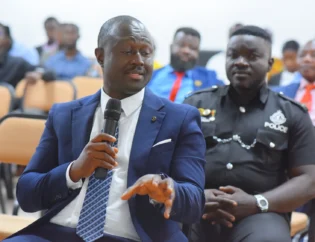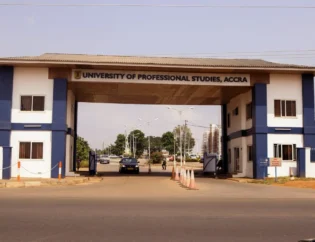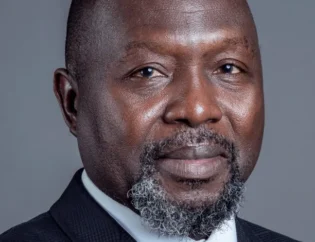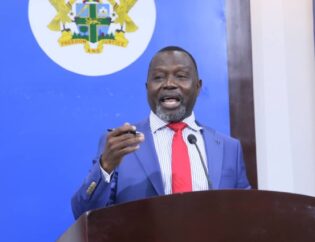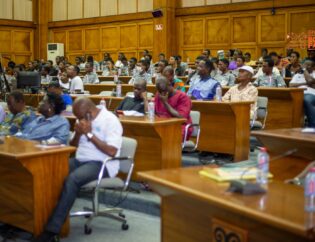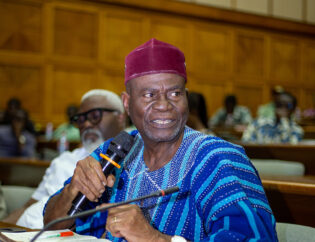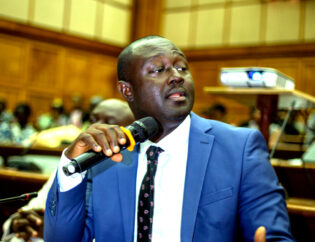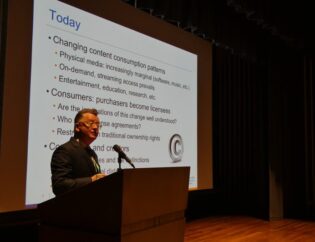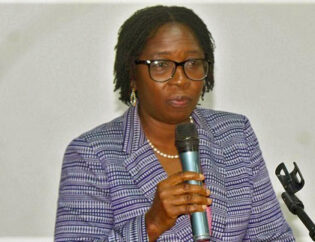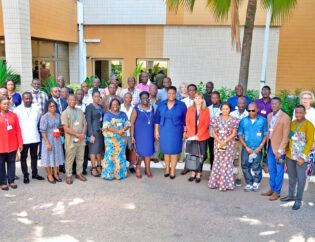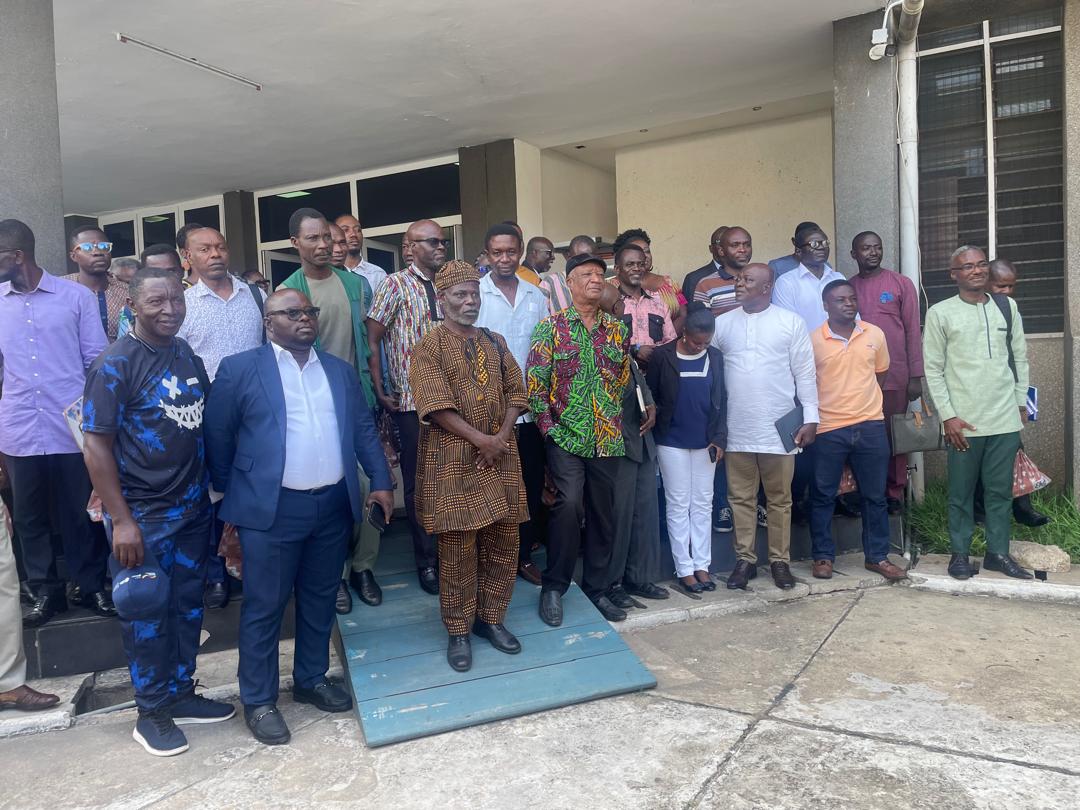
Panelists closed the session with a united call for action. They urged collective efforts from government, educators, creators, and copyright administrators to safeguard the intellectual property landscape in Ghana.
Copyright, culture, and collective licensing took center stage on Monday as CopyGhana hosted a high-level stakeholder engagement at the GNAT Hall in Accra. The event, themed “Enabling Access, Enriching Culture and Advancing Knowledge through Collective Licensing”, gathered key players from government, law, education, and the creative industries to discuss strategies for strengthening Ghana’s copyright regime.
Organized in collaboration with the International Federation of Reproduction Rights Organisations (IFRRO), World Intellectual Property Organization (WIPO), and the Ghana Copyright Office, the engagement focused on the vital role of collective licensing in protecting intellectual property rights while fostering cultural and educational development.
A representative from the Office of the Attorney General and Ministry of Justice delivered the welcome address on behalf of the Attorney General, reinforcing the government’s interest in supporting intellectual property rights and copyright infrastructure.

Collective Licensing: A Gateway to Access and Development
In a keynote presentation during the panel discussion, Mr. Jonathan Cudjoe, Lawyer and Copyright Consultant at the Mali Miliki Institute, highlighted the crucial function of Collective Management Organizations (CMOs) in safeguarding rights holders and ensuring fair royalty distribution.
It “Collective licensing is not just about royalties,” he said. “It’s about creating access to intellectual property, enabling cultural exchange, and supporting national education.”
Mr. Cudjoe underscored the need for governance reforms within CMOs, advocating for regular audits, transparency, and active engagement with rights holders to strengthen the sector’s integrity.
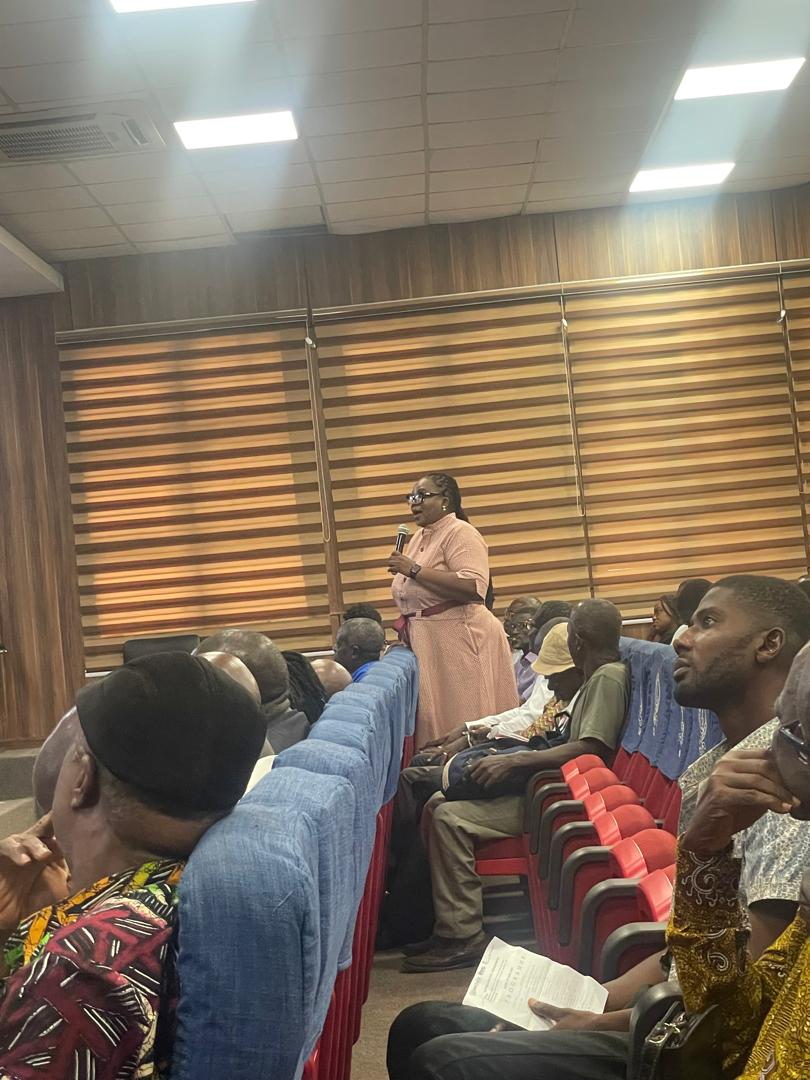
Copyright Industry’s Contribution to Ghana’s Economy
Mr. Cudjoe also presented data from a 2016 study by the Ghana Copyright Office, revealing that the copyright sector contributes 4.6% to Ghana’s GDP and employs 4.7% of the national workforce. He described the industry as a key driver of economic activity, impacting publishing, media, academia, and the broader creative economy.
Key Recommendations from Stakeholders
Several practical recommendations emerged from the stakeholder discussions:
compelling address on the intersection of technology and cultural preservation. A vocal advocate for IP rights, Mr. Ackuaku stressed the dual role of technology as both a solution and a challenge.
“Technology should be seen as an enabler, not a threat,” he remarked. “With the rise of smartphones and AI tools, the opportunity to protect and promote local content has never been greater.”
He also reflected on how educational pressures and lack of access to legal resources often push students and professionals toward unauthorized content use. In his words:
Mr. Ackuaku called for a cultural shift supported by stronger IP education, increased public awareness, and collaboration between policy makers and industry stakeholders.
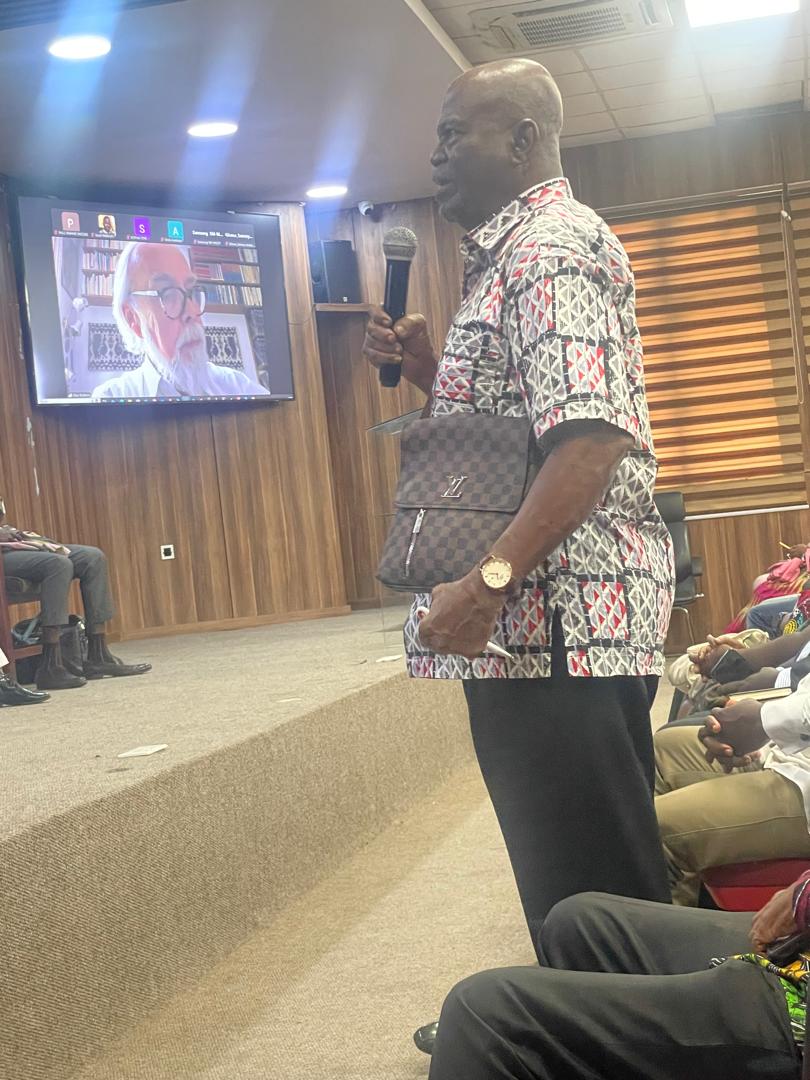
A Call to Action
Panelists closed the session with a united call for action. They urged collective efforts from government, educators, creators, and copyright administrators to safeguard the intellectual property landscape in Ghana.
“This is not just about law—it’s about our identity, our culture, and our future,” one speaker concluded. “Collective licensing must evolve with the times, and we must all play our part.”
As Ghana navigates an increasingly digital and globalized world, the stakeholder engagement served as a timely reminder that proper IP management is essential for economic growth, cultural preservation, and educational advancement.
